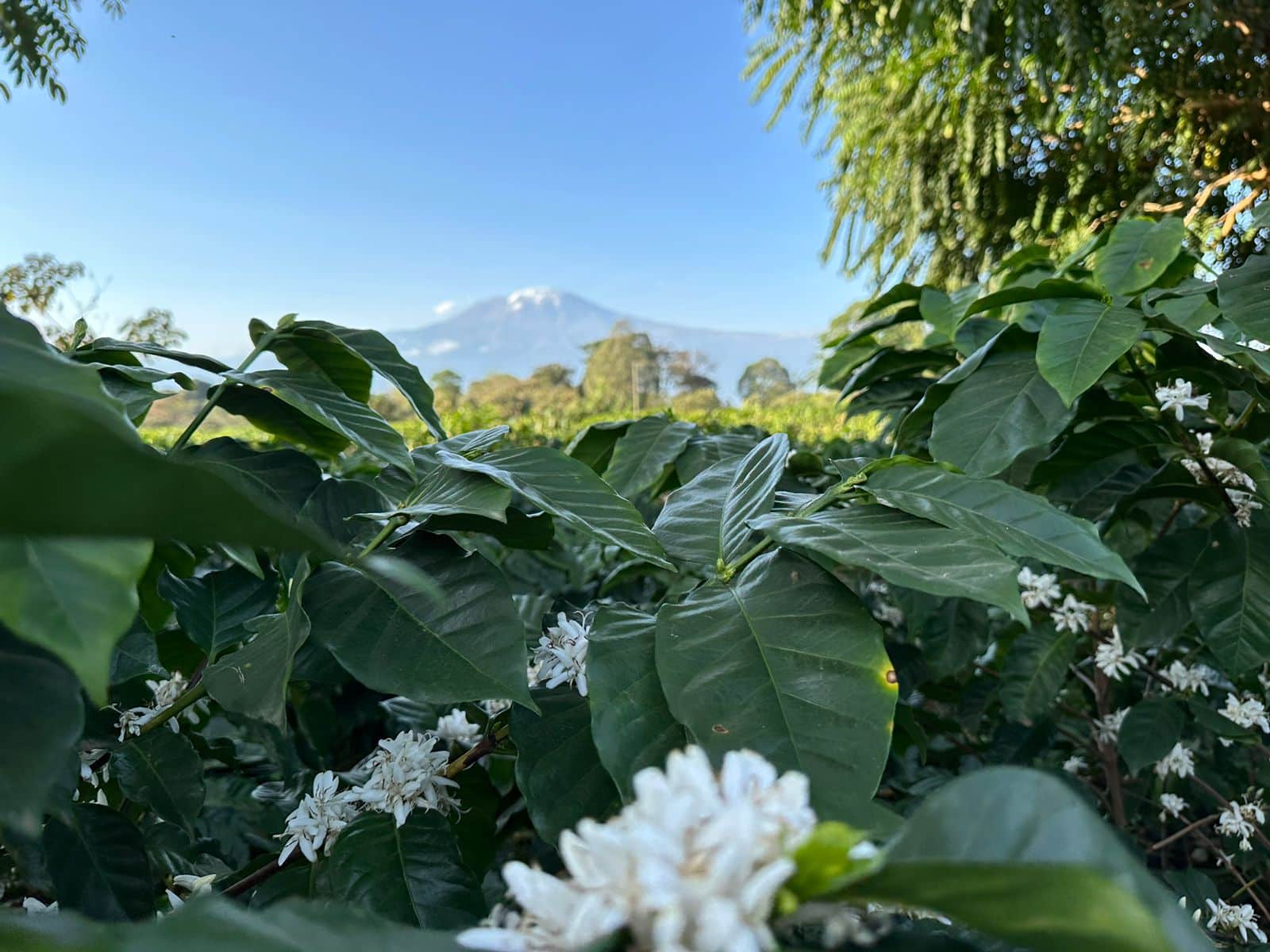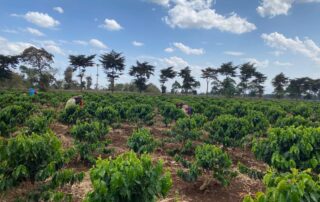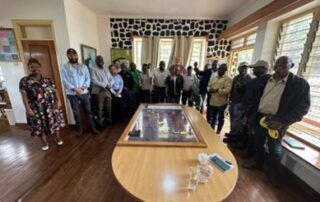
KILIMANJARO CLIMATE SMART AGRICULTURE PHASE 2
STRENGTHENED CLIMATE RESILIENCE IN TANZANIA
STRENGTHENED CLIMATE RESILIENCE IN TANZANIA
This project is a scale-up of the pilot project 'Kilimanjaro Water & Food for All (KW&F4A)' and is co-financed by the Flemish Government under the Flanders International Climate Action Programme - FICAP, under coordination by GSTIC and the Ministry of Environment and Spatial Development.
PURPOSE
- To promote climate-smart agriculture, a multi-stakeholder partnership is being established, involving small-scale farmers, with a particular focus on women and youth, in decision-making processes. The partnership provides access to technology, training, and financing models, strengthening collaboration between farmers, governments, and other stakeholders. Awareness campaigns and targeted training programmes enhance engagement and improve access to knowledge and resources.
- In the Weru Weru river region, efficient low-CO2 irrigation systems are being installed. These systems use closed water pipes and advanced drip and sprinkler technology, significantly reducing water loss and eliminating the need for diesel pumps. Demonstration plots will showcase how these systems optimise water use and increase crop yields. Farmers will receive technical support and training to effectively use and maintain these systems.
- Regenerative farming practices, such as crop rotation, mulching, and reduced fertiliser use, are being implemented to restore soil health and biodiversity. These practices enhance farm resilience, reduce CO2 emissions, and combat soil erosion. Additionally, reforestation of river buffer zones contributes to ecosystem restoration and the protection of water bodies, such as rivers and lakes. Through training and awareness campaigns, farmers will learn about the benefits and practical application of regenerative agriculture.
This integrated approach not only strengthens agricultural production but also contributes to the restoration of local ecosystems and community resilience. It lays the foundation for a sustainable and future-proof agricultural sector in the Kilimanjaro region.
This project is possible thanks to the support of the Flemish Government, African Partnerships Kilimanjaro, Herencia Value Your Legacy and EFICO and runs from January 2025 to July 2027.
It contributes to SDG 1 No Poverty, SDG 2 Zero Hunger, SDG 5 Gender Equality, SDG 6 Clean Water & Sanitation, SDG 7 Affordable & Clean Energy, SDG 8 Decent Work & Economic Growth, SDG 13 Climate Action, SDG 15 Life On Land and SDG 17 Partnerships for the Goals.

